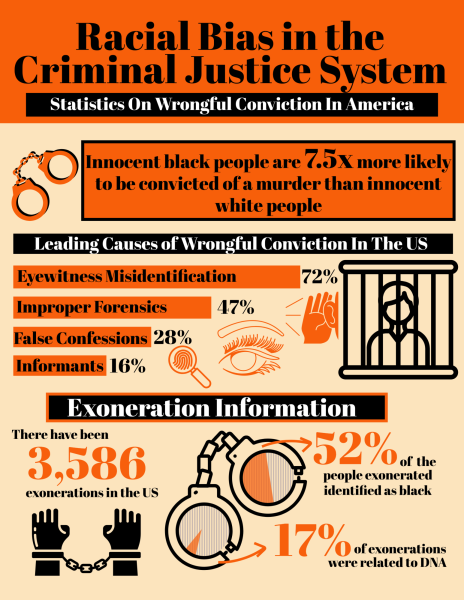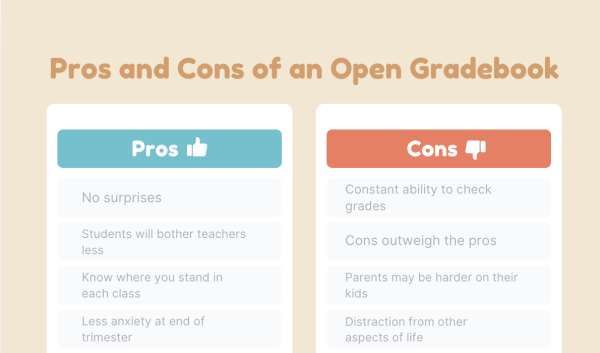The Initiative Behind Sports Teams Presentations is Valuable and Deserves More Transparency With the Community
The Editorial Board of The Dial commends the work that the administration is conducting in an effort to increase student safety regarding harassment but urges more transparency with the student body on these issues. Our reporting indicates that there has been widespread student confusion about why only sports teams were informed about new policies on how to report and the presentations seeming like a response to the Harassment at Hackley’s Instagram account.
Some background: A team made up of Ms. Pabst, Ms. Jean, Chris Arnold, Assistant Director of the Upper School, Karen Beatty, Director of Business Operations and Financial Aid, Lisa Oberstein, Director of the Lower School, and Brad Walters, Assistant Director of the Middle School, are working on creating a new policy for sexual misconduct in the Upper School. The policy will eventually be looked over by students on the Board of Magistrates and the Board of Trustees.
Additionally, winter and fall sports teams were given (and are still being given) a presentation by both Assistant Head of School for Community and Inclusion, Cyndy Jean, and Department Chair of Health Education, Renee Pabst (some sports teams only had one of these two individuals for the presentation). The presentations informed students about how reporting for harassment cases would be handled and what language is appropriate for teams to support inclusion.
According to Ms. Pabst, the intention was to “use sports teams to make a more inclusive and supportive environment.” While the hope may have been to improve the culture of athletics at Hackley, the presentations were limited to only the students on these teams and other students did not receive this important information.
The administration has informed the Editorial Board that the new policy and resources are not yet finished. While it is understandable that the work to create a new policy may take time, there has been little student involvement and communication that the work was going on.
Sports teams were reportedly chosen for these conversations because more than half of coaches are also teachers and because sports teams are the perfect environment for everyone to feel like they are in a community setting on a potentially sensitive subject. While there is some logic to that, it simply doesn’t mitigate the need for all students to have this information.
This work is part of Athletic Director, Jason Edwards’, larger campaign to improve the culture of athletics at Hackley as well as, according to Ms. Pabst, a response that has been accelerated by the @HarassmentatHackley Instagram page. The policy intends to make it clear to both students and teachers how to address harassment issues, and who to speak to when an incident occurs.
Many student-athletes were unaware as to why these meetings were happening and whose idea it was. The lack of transparency with students resulted in confusion and made it seem like athletes specifically were being targeted with conversations about sexual misconduct.
Students who did not participate in fall sports were completely left out of these conversations and missed vital information about how to report incidents of harassment. Obviously, this is not an issue limited to athletics.
The harassment at Hackley account is a clear example of how students would benefit from the new harassment policy and being a part of its creation, but the policy and conversations with sports teams will not help them unless students feel comfortable coming forward to the administration.
Keeping the student body uninformed about these policies will only make them ineffective at what they are supposed to do — help students. To truly gain the support of the students, these policies must be explicitly shared with them.
Ultimately, we commend the initiatives taken to help students feel both supported and safe, but they fail at that goal by not being directly communicated to all students. The Dial Editorial Board recommends increased communication about policies being written “behind the scenes” with the entire student body.






